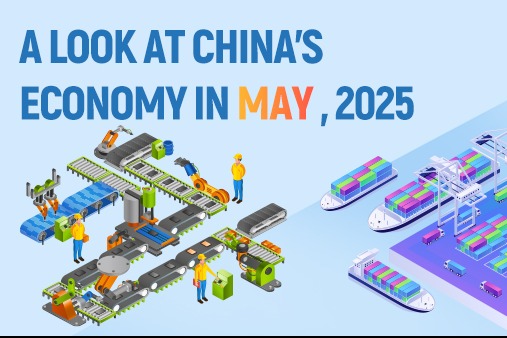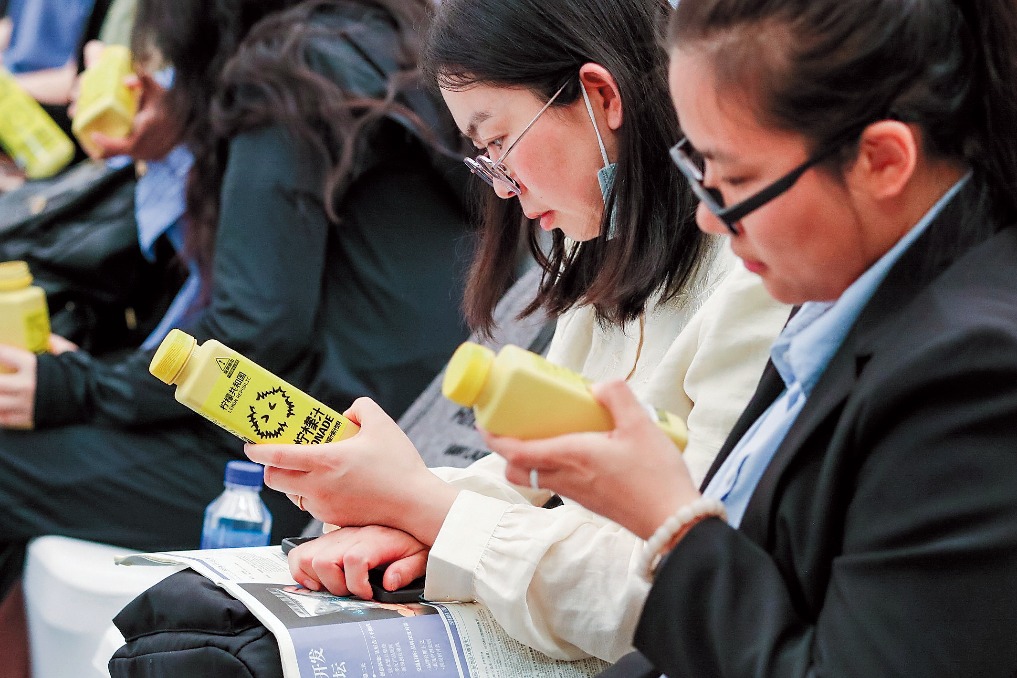Experts expect no large-scale outflows after China, US spread inversion


No large scale outflows will be seen after the spread inverting of 10-year treasury bonds between China and the US, Economic Daily reported on Tuesday citing experts' predictions.
The US 10-year treasury yield rose by 5.5 basis points to 2.76 percent, while the Chinese 10-year treasury yield remained flat at 2.75 percent on April 11. It was the first time since 2010 the interest rate spread between the US and China has inverted.
Industrial experts believed the direct reason for the spread is the US bond interest rate surged again on expectations of faster monetary tightening.
Deeper motivation lies in the divergence of the pace of economic recovery and monetary policies between China and the US after the COVID-19 pandemic.
Since the outbreak of the epidemic, China and the United States have had great differences in both the pace of economic recovery and the trend of inflation, which has led to the divergence of monetary policies in both countries.
In this context, interest rate differentials between China and the US have been narrowing and even inverting, said Bai Xue, analyst of the research and development department of Golden Credit Rating.
The main reason for the further contraction of the Sino-US treasury bond yield spread is the two countries' different policy strategies and different economic development stages, according to Guan Tao, global chief economist at BOC International.
The US is experiencing its highest inflation in 40 years, while China's inflation is tame. The focus of US monetary policy is on "anti-inflation" while China's monetary policy focuses on "stable growth", Guan said.
Currently, the RMB exchange rate is relatively strong, and the temporary inversion of treasury bond yields between China and the US will neither cause capital outflow and exchange rate risks nor exert a significant constraint on China's monetary policy.
Capital outflow pressure caused by the inverted interest rate spread between China and the US is under control, Bai said, indicating the recent net outflow of funds in bonds and stock markets was largely due to rising geopolitical tensions, not the narrowing interest rate gap between China and the US.
Some analysts are bullish on Chinese assets as China's inflation rate is lower than that of the US. China's real yield is still higher than the US, indicating the yuan will likely remain stable for now, said Qi Gao, a currency strategist at Scotiabank in Singapore as reported by Bloomberg.
In the future, continuous inflow of overseas securities investment remains the general trend after short-term fluctuations, considering the Chinese economy is maintaining medium-high growth, financial markets are further opening up and RMB assets' hedging attributes, Bai said.
Generally speaking, the current inversion is caused by the dislocation of economic and monetary policy cycles. No large scale capital outflows are expected given the low foreign participation in the mix of stock and bond investors and real yields after adjusting for inflation, said Lou Feipeng, a researcher with the Postal Savings Bank of China.
Short-term volatility in cross-border portfolio investments does not represent a reversal of the long-term trend of foreign investment in China's capital markets, the report said citing an unnamed head of the relevant department of the State Administration of Foreign Exchange.
The latest data indicates as of the end of February 2022, foreign ownership of China's domestic bonds and stocks totaled $1.25 trillion.
Compared with the stock, the scale of foreign investment's reduction in domestic stocks and bonds is relatively limited, and its impact on the RMB exchange rate and cross-border capital flow is generally controllable, the report said.
In the future, foreign investment in RMB assets will mainly trend toward an increase due to the Chinese economy's high resilience, RMB assets' relatively independent asset return performance in the global market and the low proportion of foreign investment in China's bond and stock markets.




































